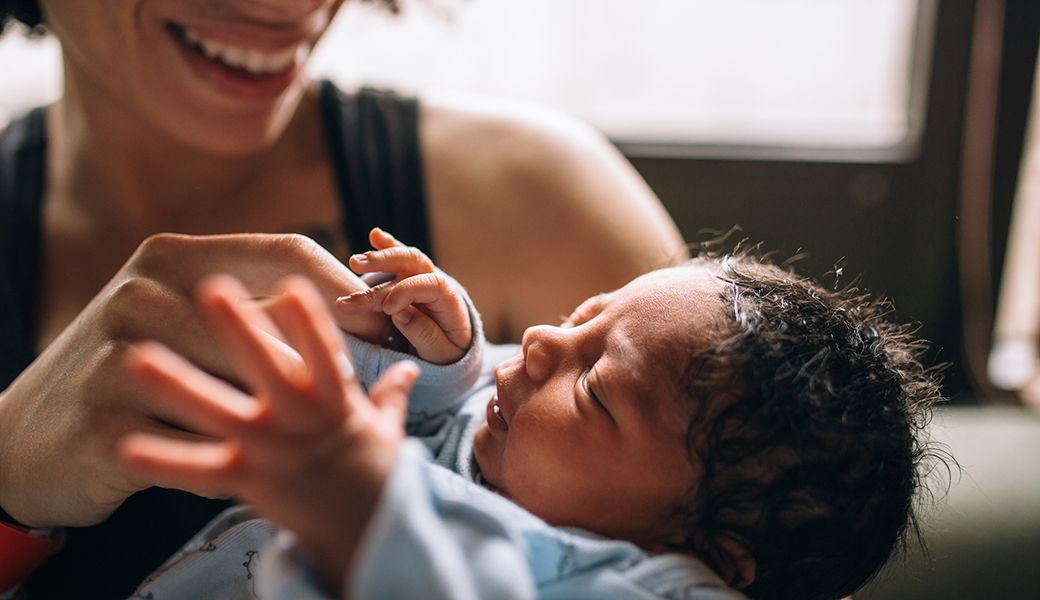Since 2015, MU Health Care has carried the Baby-Friendly designation from the World Health Organization (WHO) and the United Nations Children’s Fund (UNICEF).
To be a Baby-Friendly Hospital, the medical team must follow 10 steps outlined by the WHO. These include:
- Having a written breastfeeding policy that is routinely communicated to all health care staff
- Training all health care staff in the skills necessary to implement this policy
- Informing all pregnant women about the benefits and management of breastfeeding
- Helping mothers initiate breastfeeding within one hour of birth
- Showing mothers how to breastfeed and how to maintain lactation, even if they are separated from their infants
- Giving infants no food or drink other than breast milk, unless medically indicated
- Practicing “rooming in” — allowing mothers and infants to remain together 24 hours a day
- Encouraging breastfeeding on demand
- Giving no pacifiers or artificial nipples to breastfeeding infants
- Fostering the establishment of breastfeeding support groups and referring mothers to them on discharge from the hospital or birth center
The first few days of life are believed to offer an optimum opportunity for bonding to take place between mother and baby. The babies born at MU Health Care are never taken far from their mothers unless health concerns warrant it. This gives moms and babies the best chance to get to know each other.
Studies have also shown giving infants human milk gives them the most complete nutrition possible; breastfed children have far fewer and less serious illnesses than those who never receive breast milk, including a reduced risk of Sudden Infant Death Syndrome (SIDS), childhood cancer and diabetes. By keeping the mother and baby together, the baby is able to breastfeed whenever the baby wants. If a mother decides not to breastfeed, the staff supports her decision and provides the best feeding options for the infant’s needs.



